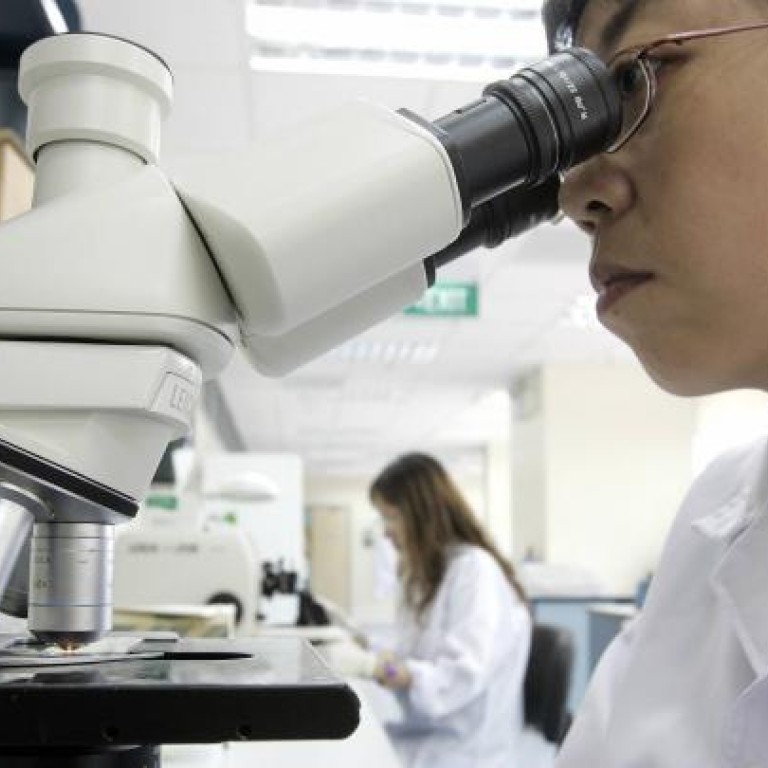
Putting Asia on alert as bioterrorism risk grows
Jaime Yassif says better management of research is crucial given the potential for biological attack
A global infectious disease outbreak involving a lethal pathogen - whether spread through a deliberate attack or originating from natural sources - could claim millions of lives and cause severe economic damage. It is essential not only to mitigate the consequences of a pandemic, but also - with respect to deliberate biological attacks - to minimise the likelihood that it will happen.
An important yet underdeveloped tool for protecting against biological attacks is effective governance of life sciences research. Biotechnology can yield tremendous benefits - including improvements to public health and new sources of energy - but there is also the risk that it will be exploited to develop weapons that target human health. Improved governance can help manage this risk.
A new approach to life sciences governance is needed worldwide, and this issue has particular significance for Asia. The biotech industry, regarded as an engine for growth and job production, has been expanding rapidly in Asia. China, for one, is investing heavily in its domestic biotech industry. Biotechnology in Malaysia reportedly constitutes 2.5 per cent of national economic output, and Indonesia has set its sights on developing robust domestic research and development capabilities in the industry.
In view of this rapid growth, policy and regulatory frameworks to manage the associated risks have to play catch up.
Managing the risks presents several challenges. Firstly, dual-use biotech tools, materials and knowledge are widely distributed, and research takes place at thousands of facilities worldwide. This increases ease of access and hence risk of exploitation by those with malevolent intent.
Secondly, technical barriers are considerably lower for producing an effective biological weapon than for making nuclear weapons, and are well within reach of non-state actors.
Finally, a major concern has been the feasibility of producing a lethal virus from scratch. This capability is presently limited to trained scientists at well-funded research centres, but as technology develops it may become more widely accessible - making it easier to obtain deadly viruses.
More effective management of biosecurity challenges means establishing a culture of responsibility among researchers, developing self-governance practices in the industry, and strengthening institutions to support these efforts.
Many of the tools for life science governance have yet to be developed. This is fertile ground for co-operation across the Pacific.
